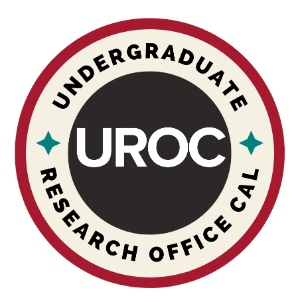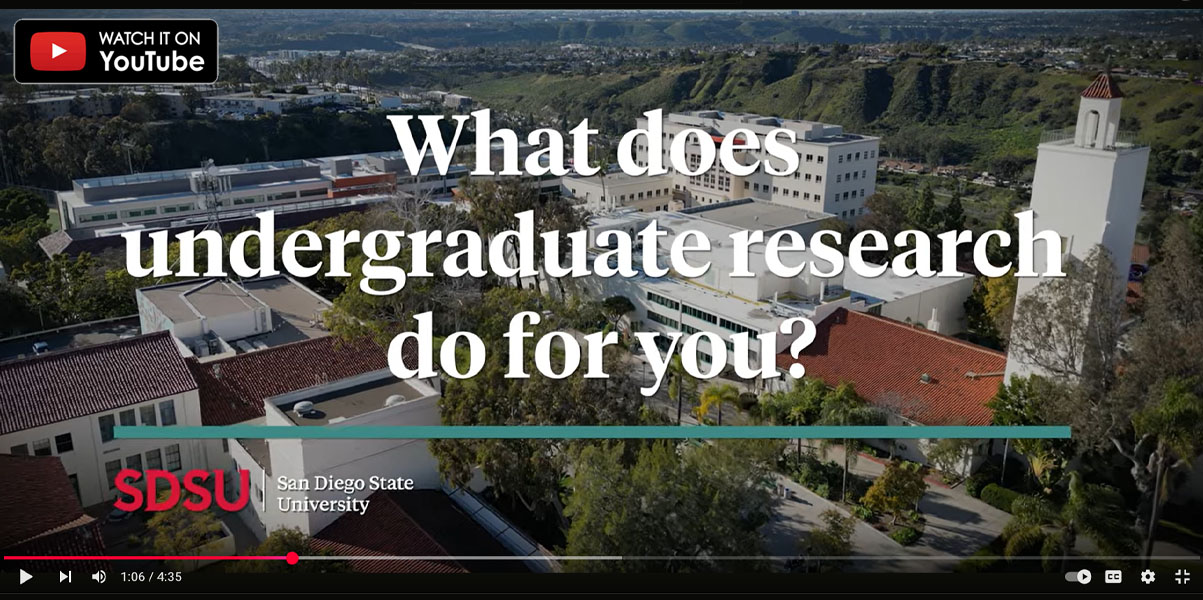Undergraduate Research Office CAL
 The Undergraduate Research Office CAL (UROC) provides resources and supports practices that elevate CAL's position as a research-forward college, including when it comes to our bachelor's degree seekers.
The Undergraduate Research Office CAL (UROC) provides resources and supports practices that elevate CAL's position as a research-forward college, including when it comes to our bachelor's degree seekers.
Research shows that enabling research, scholarship, and creative activities (RSCA) for undergraduates:
- Enriches the student experience
- Increases student retention and graduation rates
- Supports workforce development in terms of both “soft skills” (communication, problem-solving, critical thinking, teamwork) and technical/professional skills
- Increases students' social mobility after graduation
- Enhances instructor job satisfaction and supports professional growth
READ MORE>> Student Showcase Shines Light on Undergraduate Research in CAL.

For Students
For faculty
- Mentoring for Undergraduate Student Excellence (MUSE) Award Program
- SDSU Undergraduate Research Program (SURP)
- Find out if research needs IRB approval
- Tips for faculty mentors
- CAL Office for Research and Innovation (CORI)
- Council on Undergraduate Research
- Center for the Improvement of Mentored Experiences in Research (CIBER)
- NSF Research Experiences for Undergraduates
For further information or connections
EJ Sobo, Ph.D.
Director of Undergraduate Research
Arts and Letters, Room 411
619-594-6591
[email protected]
Follow us on Instagram: @uroc_sdsu
